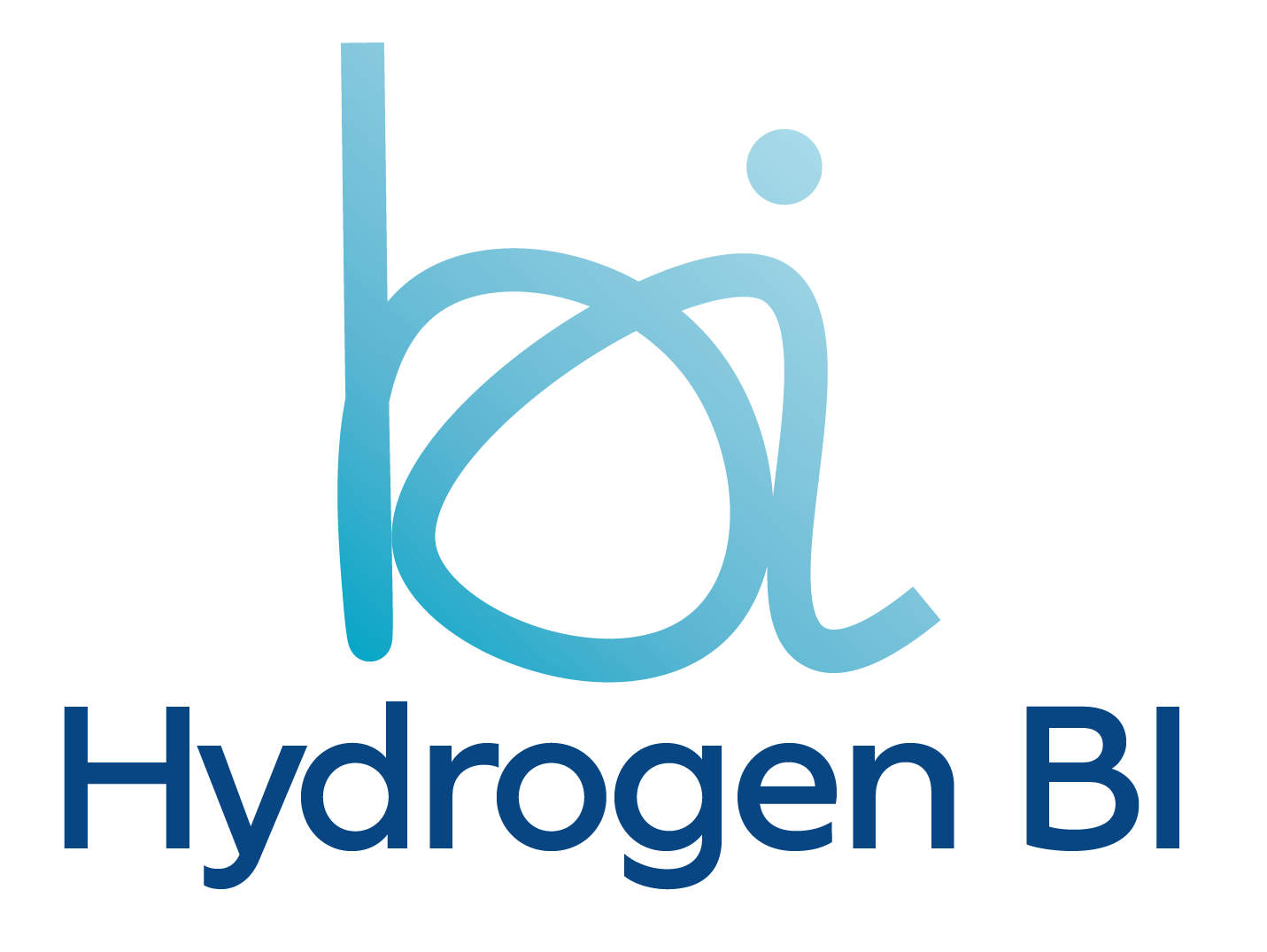🤖 How AI Is Making Business Intelligence Smarter (and Simpler)
- Alex Hughes

- Nov 12, 2025
- 3 min read
For years, “artificial intelligence” sounded like something reserved for tech giants — not the average business.But today, it’s quietly becoming the new normal for modern analytics.
In fact, AI has already changed Business Intelligence (BI) more than most people realise.
It’s not just about forecasting or chatbots — it’s about making data simpler, faster, and more useful for every decision you make.
At Hydrogen BI, we believe AI shouldn’t make analytics more complicated.
It should make understanding your business easier.
💡 What’s Changing: From Reports to Real Insight
Traditional BI tools were built for analysts. They collected, visualised, and presented data beautifully — but only if you knew what to look for.
AI has flipped that model.Instead of needing to ask the right question, your BI platform can now suggest it for you.
You don’t need to hunt through dashboards.
AI does the discovery work — flagging trends, detecting anomalies, and surfacing insights automatically.
It’s like having a data analyst built into your reports — one who never takes a day off.
⚙️ How AI Is Transforming Business Intelligence
Let’s break it down. Here are five real ways AI is reshaping BI right now — and what that means for your business.
1. Smarter Data Preparation
AI automates the most time-consuming part of analytics: cleaning and preparing data.
It can detect duplicates, fill missing values, and standardise formats — all before your reports even run.
That means more accuracy, less frustration, and faster access to usable insights.
2. Automated Insights (Without the Jargon)
Instead of relying on analysts to explain what’s happening, AI-driven BI tools now generate plain-language summaries.
“Sales increased by 12% in Q3, driven by a 25% rise in repeat customers.”
These instant insights let leaders make decisions without needing a data degree.
3. Predictive Analytics — Without the PhD
Modern BI platforms like Power BI now use AI to forecast trends automatically.
You don’t need to build complex models — the algorithms are already embedded.
Want to see next quarter’s revenue projection or which products are likely to stock out?
Just ask. The AI will visualise it for you.
4. AI-Driven Alerts and Anomaly Detection
AI doesn’t just report what’s happened — it warns you when something unusual occurs.
Missed targets, unusual costs, delayed shipments — all flagged automatically, with context.
Instead of discovering problems in hindsight, you can act while they’re still small.
5. Conversational BI: Ask, Don’t Analyse
One of the biggest breakthroughs is natural language querying — the ability to literally ask your data a question.
“Show me sales by region for the last 12 months.”“Which customers are overdue on payments?”
AI translates the question into a data query, builds a visualisation, and explains the result in seconds.
You don’t need to know DAX formulas or SQL syntax. You just need curiosity.
🔍 The Result: Less Dashboard, More Direction
The goal of AI in BI isn’t to add more buttons — it’s to remove barriers.
The next generation of Business Intelligence is about clarity, not complexity.
It’s not “data for data’s sake” anymore — it’s data that thinks, explains, and recommends.
When your system can tell you why something happened and what to do next, that’s when analytics becomes intelligence.
And that’s exactly where AI is taking us.
🧠 People Also Ask
1. Does AI replace Business Intelligence tools?
No. AI enhances BI platforms — it automates analysis, improves data quality, and helps humans make better decisions.
2. Do I need coding skills to use AI in Power BI?
Not at all. Most AI features in Power BI, like anomaly detection and natural language queries, are built into the interface — no coding required.
3. Is AI accurate in business analytics?
AI’s accuracy depends on clean, consistent data. That’s why good data governance and proper setup remain critical for reliable insight.
4. What’s the difference between AI and BI?
BI helps you understand what happened; AI helps predict what could happen next — and often explains why.






